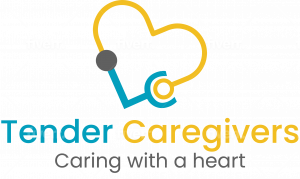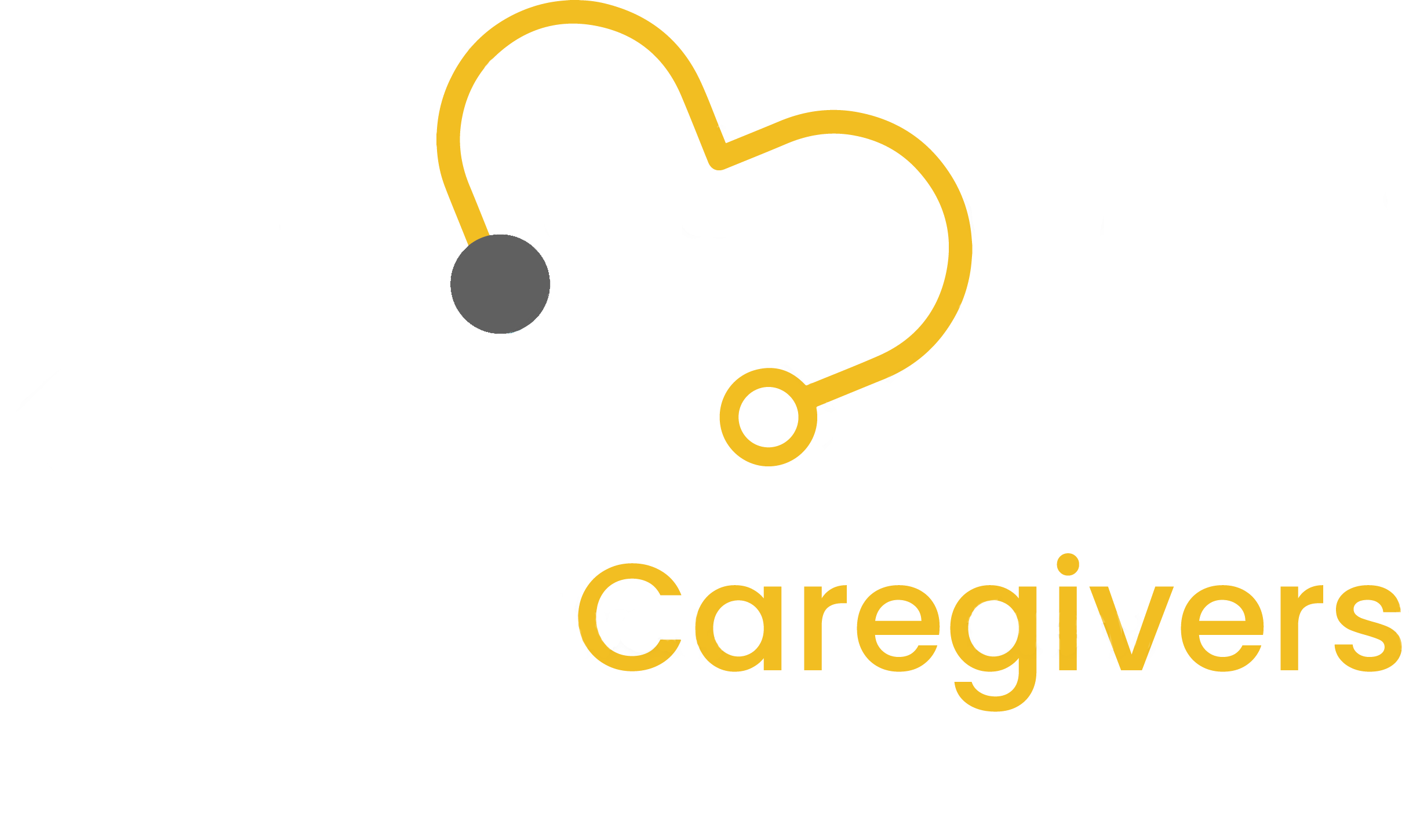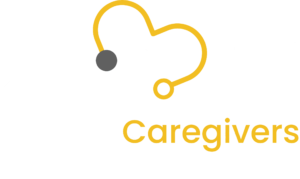The first rule of thumb is to Give yourself enough time, check the location on the interview and plan your travel in case of any traffic or unforeseen situations.
Decide what to wear – Even if you have been advised that the interview will be informal, you still want to look your best and dress for the role you aspire to. Dress smart!
Do your own personal SWOT analysis – This is a good way to look at your strengths, weaknesses, skills and abilities. For caregiving roles, compassion and resilience are probably the most valuable sought-after quality any employer will be looking for. Look at your past achievement and what motivates you. This can be a good basis for conversation during your interview.
Read through your CV – This can help you prepare for any questions regarding previous roles, as well as any areas of concerns the employer may have. For instance, any gaps between employments.
Research – A well informed and prepared candidate will always stand out by showing the employer that you have made extra effort to learn about the employer.
Your Tender consultant will have explained the job role and the company values, find out more about the company plans for expansion, the culture of the organisation, and the personalities that thrive in the company.
Research tools: Use LinkedIn, Company websites and new articles to find out about your potential employers and the way the company works.
Researching the company is a good way to think of any questions you may want to ask. Ideally, you should have about 5 questions in case some of these already get covered during the interview itself. Keep it to 2-3 questions after the interview.
Types of Interviews
Depending on the size of the organisation, interview into a caregiving role can take any or a combination of the format below
Competency based interviews
Are designed to test your skills and way of working for a particular job role. Every applicant is asked the same questions and score awarded based on the quality of your answer. So, make sure your responses stand out and demonstrate that you have the experience in these areas. Read through the job spec. and tailor your previous experience to these requirements.
Skill based/Technical interviews
Most commonly encountered by nurses, doctors and allied healthcare practitioners. Skill based interview are almost design as a test. They help the employer gain a better understanding of your skills and knowledge but also how you overcome problems and your way of thinking. Make sure you understand the health and social care jargon and keep in mind any previous experience you’ve have dealing with problems and challenges.
Group interviews
The main purpose of a group interview is to see how you participate with other people and how you deal with situations. Ideal in support working roles. Make sure you participate actively, giving your views and ideas, while still making sure to listen to other applicants and avoid dominating the conversation.
Panel interviews
This type of interview is generally held with three or more senior officers, who could all be from different departments from the employing organisation. It’s important that you focus on all of them when you are answering questions. Think of their roles and motivation for being there. For instance, your potential line manager will want to see your skills and what you can bring to the position. Whereas someone from HR may want to see how you work with other employees and your company work ethics.
During the Interview
Face to face
- Take your time. Don’t be afraid to pause, it is better to take a few seconds to think in order to give a clear straight answer.
- Be clear. If you are unsure of a question, always ask for clarification, you want to give the right answer to the right question.
- Be relevant. When giving examples make sure they are recent and relevant. It is a good idea to use a different example for each scenario.
- Tempo. Make sure you match the tempo of the interview. If they are talking and answering questions quickly try to do the same.
- Match the interviewer’s language. If they are making jokes and keeping it quite informal try to do the same while still being professional.
- Know your audience. If your interviewers are technical use the industry jargon, likewise if they are not so technical use language they will understand.
- Pace yourself. The conversation should be fairly even, try not to talk too much and be sure to pause between long answers to give the interviewer a chance to ask a question if they want to.
- If there is more than one interviewer, share your attention between them.
Body Language
- Be measured. Try not to show too much or too little emotion.
- Voice control. Keep your voice clear and controlled.
- Eye contact. Maintain eye contact remembering to also look at any other interviewers present.
- Posture. Try to relax without slouching.
- Rest your hands on your lap or on the table. If you are going to use your hands to emphasise a point do so in a controlled manner.
- Respond. Smile and nod when appropriate.
- Reflect what you’re saying. If you are particularly proud of an accomplishment let this come across with your posture as well as tone and pitch.
- Take your time and breathe. Make sure you give yourself and the interviewer enough time to ask questions and think about your answer before responding.
- Sitting. Keep your feet flat on the floor or cross your legs at ankle point.
- Mirroring. Try to match the interviewer’s body language without obviously copying them.
- Keep your body language open. Do not cross your arms or legs this can be seen as defensive.
Telephone Interviews
The employer cannot see your face or body language, so the tone of your voice is crucial.
- Stand up. Standing up whilst on the phone will make you sound more enthusiastic and motivated rather than being sat down.
- Smile. Even though the interviewer cannot see you, smiling instantly lifts the tone of your voice and will create a positive image of you in the employer’s mind.
- Mobiles. If you are using your mobile make sure your battery is charged and you have good reception, alternatively if you are using a landline make sure your mobile is off or switched on silent to avoid interruptions.
- Make sure you will not be disturbed. Background noise or being interrupted during your interview can be distracting and also come across as unprofessional if the person on the other of the phone can hear this.
- Have a pen and paper to hand. You may want to take notes which you feel are relevant to the role. This is also good if you were to subsequently attend a face to face interview as these points can still be fresh in your mind as well as any questions you may have forgotten to ask.
- Have a glass of water to hand. Long conversations can make you thirsty or even make you cough. You do not want to have to make a drink during the interview. Be conscious of what the other person can hear on the end of the phone.
Questions To Prepare For
- Why are you looking to leave your current position?
- What do you know about our organisation and what attracts you to it?
- What has been the biggest challenge of your career to date?
- What is your biggest achievement to date?
- Tell me about a time you anticipated a problem and put in measures to prevent it?
- Can you explain the gaps in your CV?
- How would you deal with a difficult colleague or superior?
Interview Do’s
- Arrive in good time. 10 minutes before is appropriate, too early or late can be seen as poor time keeping.
- Turn off your mobile phone.
- Dress appropriately and smartly.
- Know your CV and be honest about it.
- Bring a copy of your CV to show you are prepared and organised.
- Have a firm handshake.
- Show enthusiasm.
- Have questions to ask at the end. Remember some of these may be covered during the interview so it’s always worth having extras.
- Be prepared to talk through information not on your CV.
- Be polite. Wait until you are offered a seat etc.
Interview Don’ts
- Use poor language – slang or swear words.
- Criticise your previous employers.
- If you have doubts about the role do not tell the interviewer, raise these concerns afterwards with your Involved Solutions Consultant who may be able to clear them up for you. If you raise them during you the interview and then find out it was miscommunication it may be too late.
- Interrupt. It’s just not polite.
- Chew gum or smell of unpleasant odours.
- Answer yes or no to questions try to elaborate using examples from previous experience.
- Talk about salaries or holidays.
After Your Interview
You may be relieved its over, but to forget to check in with your Tendercare Consultant straight after your interview to give your feedback and any concerns you may have while the interview is still fresh in your mind.



as